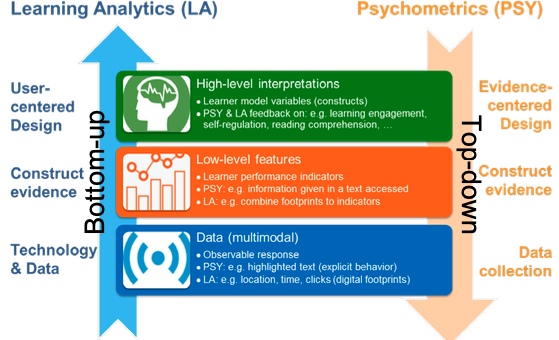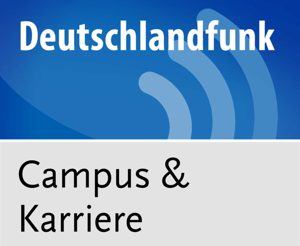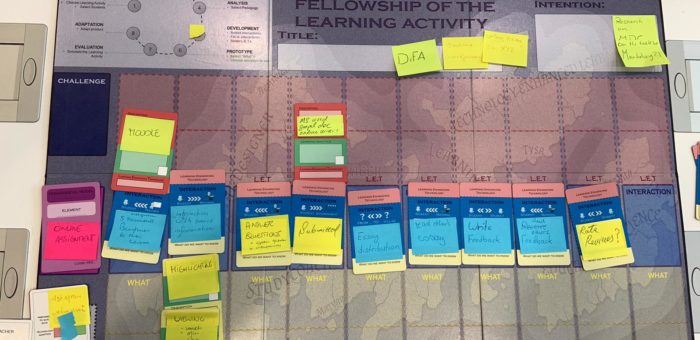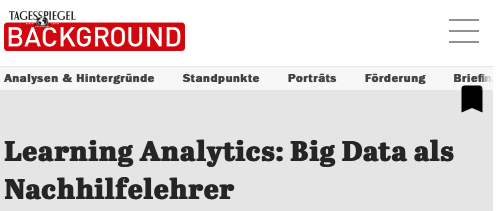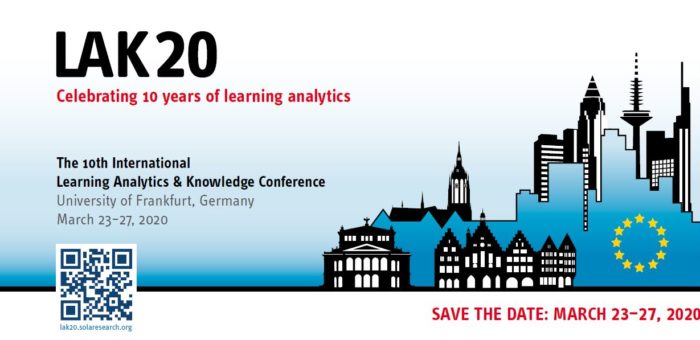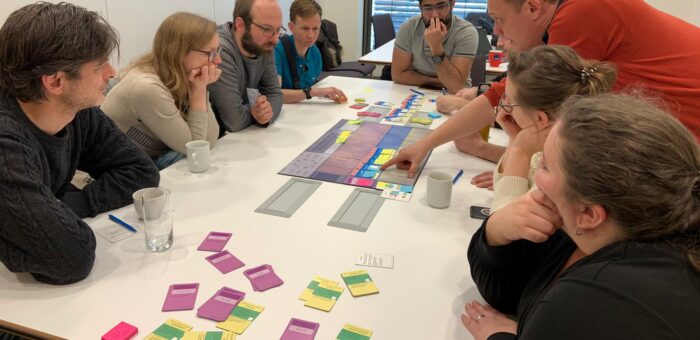
Learning analytics in European higher education–trends and barriers
Learning analytics (LA) as a research field has grown rapidly over the last decade. However, adoption of LA is mostly found to be small in scale and isolated at the instructor level. This paper presents an exploratory study on institutional approaches to LA in European higher education and discusses prominent challenges that impede LA from reaching its potential. Based on a series of consultations with senior managers from 83 different higher education institutions in 24 European countries, we observe that LA is primarily perceived as a tool to enhance teaching and institutional management. As a result, teaching and support staff are found to be the main users of LA and the target audience of training support. In contrast, there is little evidence of active engagement with students or using LA…

